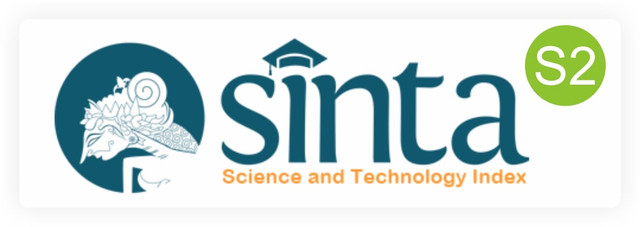EFEK HEPATOPROTEKTIF EKSTRAK METANOL JAHE MERAH (Zingiber officinale Roscoe) PADA MENCIT JANTAN YANG DIINDUKSI CCl4
DOI:
https://doi.org/10.12928/pharmaciana.v1i2.522Keywords:
Zingiber officinale Roscoe., hepatoprotective, SGPT-SGOT, CCl4Abstract
MeOH extract of Zingiber officinale Roscoe (ZO) were investigated for hepatoprotective effect at the doses (p.o) of 100 and 200 mg/kg body weight using CCl4 induction method. Male Swiss mouse (25±1,5 g) were treated with ZO doses 100 and 200 mg/kg bw and Sillymarin (100 mg/kg bw) for two week before treatment with a single dose of CCl4, 0.5 ml/kg bw, intraperitoneally. The mouse were sacrifactivity of SGPT-SGOT. The study showed the activity of SGPT of MeOH extract of ZO doses 100 mg/kg bw and 200 mg/kg bw, Sillymarin, control and normal groups are (34.51±5.34), (27.38±4.28), (27.26±1.06), (36.61±1.87), and (25.37±2.01) U/L, respectively. While the activity of SGOT of MeOH extract of ZO doses 100 mg/kg bw and 200 mg/kg bw, Sillymarin, control and normal groups are (88.88±0.94), (83.88±3.91), (83.99±7.24), (92.97±8.16), and (82.99±3.97) U/L, respectively. MeOH extract of ZO dose 200 mg/kg BW and Sillymarin significantly (p < 0,05) decrease the activities two enzymes (SGPT and SGOT). The results showed MeOH extract Zingiber officinale Roxb has hepatoprotective effect
Downloads
Published
Issue
Section
License
Authors who publish with Pharmaciana agree to the following terms:
- Authors retain copyright and grant the journal the right of first publication with the work simultaneously licensed under a Creative Commons Attribution License (CC BY-SA 4.0) that allows others to share the work with an acknowledgment of the work's authorship and initial publication in this journal.
- Authors are able to enter into separate, additional contractual arrangements for the non-exclusive distribution of the journal's published version of the work (e.g., post it to an institutional repository or publish it in a book), with an acknowledgment of its initial publication in this journal.
- Authors are permitted and encouraged to post their work online (e.g., in institutional repositories or on their website) prior to and during the submission process, as it can lead to productive exchanges, as well as earlier and greater citation of published work.


1.png)











